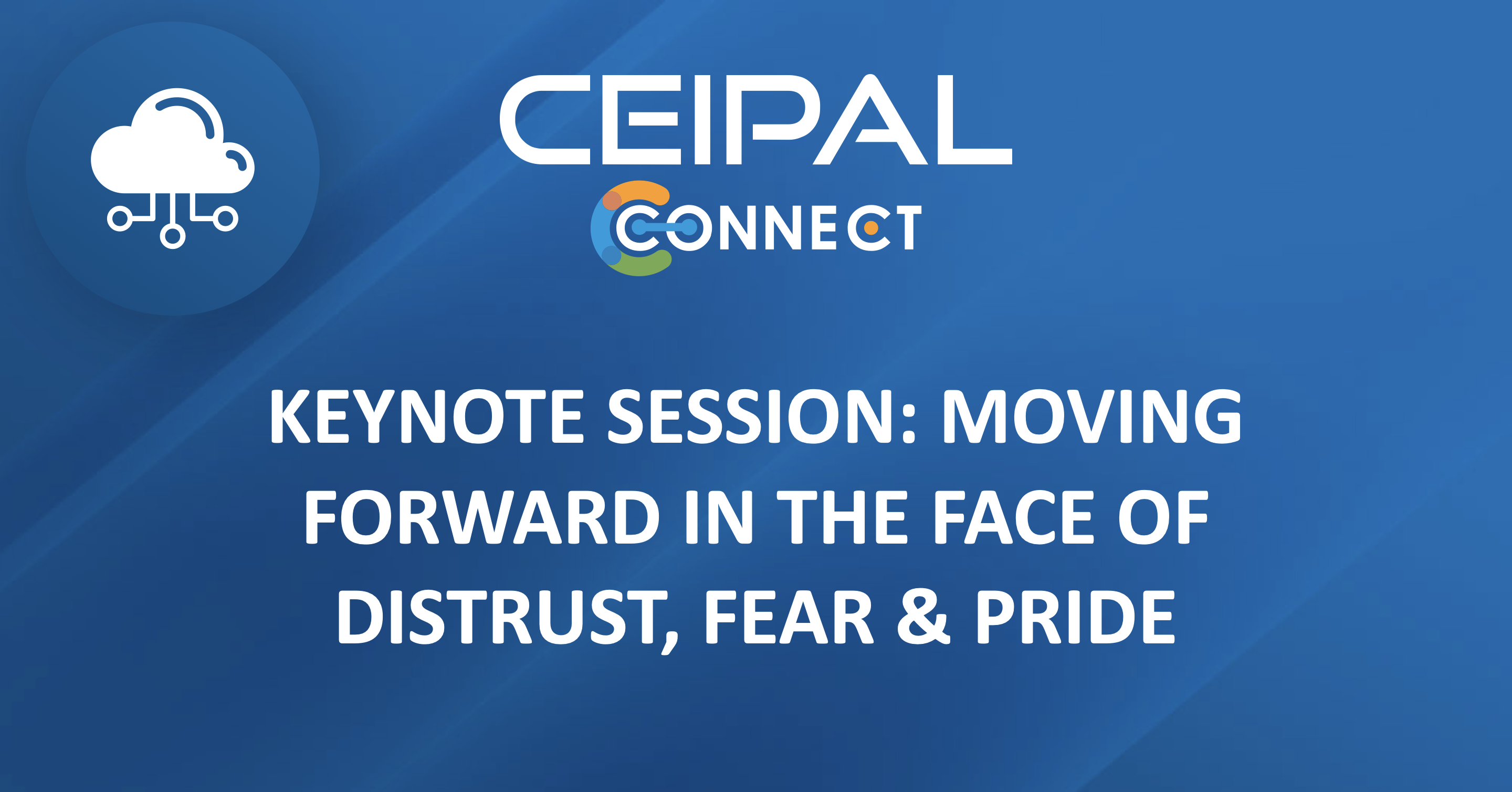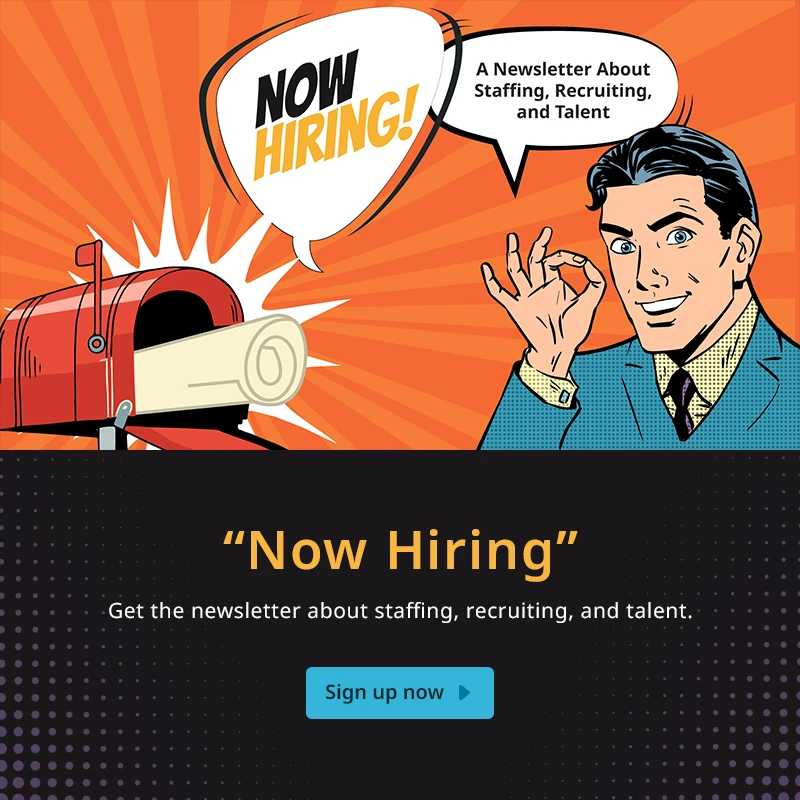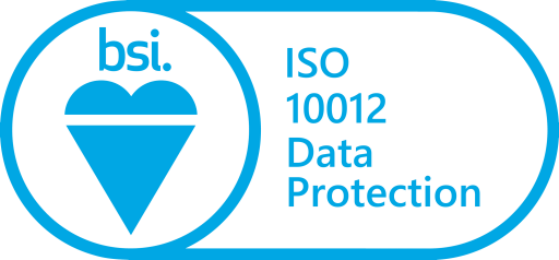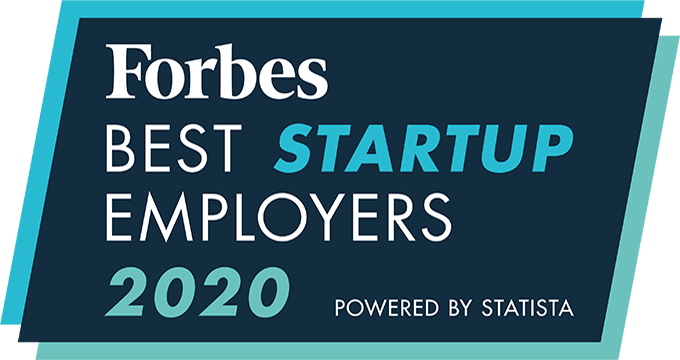Fear of doing or saying the wrong thing is often paralyzing, especially when layered with feelings of distrust and pride. It can cause us to do nothing and stop our forward progress. This is especially true and harmful when it comes to meeting the challenges associated with achieving diversity, equity and inclusion (DEI) goals. If we allow ourselves to become complacent or frozen in fear, we will miss opportunities to improve and succeed. This results in a lack of creative solutions to meet our clients’ or organization’s needs. Ultimately, this also leads to failure when it comes to the retention and advancement of our most critical asset – our people.
Diversity Consultant Dawn Siler-Nixon, Partner at FordHarrison, believes we must continue moving forward to meet these challenges head-on. In this session, she will share her depth of knowledge as a global human resources lawyer and employment defense litigator to explain how to make meaningful progress, while navigating any legal landmines you may encounter along the way.
Watch the Replay
5 Key Takeaways
Be curious: When you’re really interested in someone else’s life (like their culture, religion, interests, point of view, or decision-making choices), ask them about it. Asking questions shows that you’re seeking to understand what challenges they might face that you don’t, which allows you to broaden your horizons and be a better ally to your coworkers. Being curious recognizes that each of us is exposed to just a fraction of the world and we should value others – their diversity and difference – and the insights that they bring to our perspective and our lives.
Engage in courageous and candid conversations: You can’t overcome the elephant in the room if no one is willing to discuss it. DEI starts with a candidate conversation about race, religion, privilege, age, sexual orientation, and other complex and critical issues. Engage each other with honesty and open-mindedness and vulnerability, as the goal is to be able to have conversations without excessive fear of being labeled racist or biased or bigoted. Avoid blaming or invalidating someone’s experiences and address things that make you uncomfortable with “I statements” (ex: “When you say XXX, I feel XXX”). This helps avoid personal attacks and creates opportunities to see things from a point of view outside your own.
Create cultural competence: Cultural competence is our ability to understand and respect values, attitudes, beliefs, and more that might differ across cultures, and to consider and respond appropriately to those differences. Start by knowing these things about yourself, and then take the time to learn them about others, either by personal interaction or via available public resources.
Get comfortable with being uncomfortable: The only way to overcome fear, distrust, and pride is to get used to being in situations that are outside of our comfort zone. Be willing to take a risk and fail in order to succeed – this rings so true in the area of DE&I. Give yourself grace to know that you’re going to make mistakes or fail, but all of these things create opportunities for learning.
DEI is a commitment to collective efforts: Creating a culture of change takes focus and commitment. You’ll only be able to break down barriers by being transparent with one another, having conversations, committing to addressing your conscious and unconscious biases, and being a champion of inclusivity as you engage in the programs.
Standout Quote
“We won’t generate the best solution to a potential problem [if] we’re unwilling to work collaboratively with others outside of our own bubble and it’ll result in failed recruitment, failed retention, and advancement of our most critical asset – our people.”









